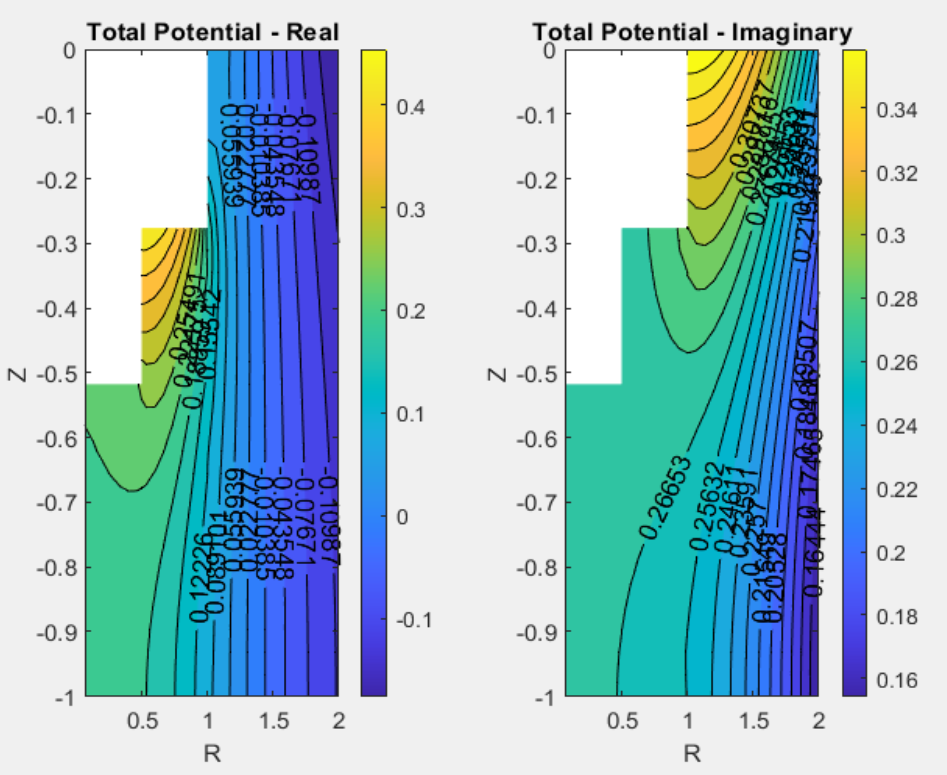Optimal Load-Shifting Controller for Electrified Home
- rebecca-mc

- Nov 22, 2022
- 1 min read
In my third year participating in the MIT Energy Hackathon, I worked with a team to create a constrained optimization controller to perform load-shifting for a fully electrified residence equipped with a smart electrical panel. As families shift to electric heat pumps and home EV charging, they will draw more and more electricity from the grid, and smarter controls will be necessary to stay within the wire peak current rating and avoid costly rewiring.
My personal contributions included modeling the thermal and electrical dynamics of a home HVAC system, hot water heater, and EV charger under realistic time-dependent forcing data; developing a direct shooting optimization framework with Python's scipy.optimize package to minimize disruption to the user while obeying constraints related to physics, component ratings, and operations; and synthesizing a two-level control framework that takes advantage of historical patterns while maintaining real-time flexibility. The control architecture consists of a planner to schedule loads ahead of time and a closed-loop real-time controller to adjust to unplanned loads. Future work would incorporate adaptive control to refine the plant thermal parameters and machine learning to better predict user behavior and preferences.
We accomplished this all in the 36-hour timeframe of the hackathon. Finally, we presented our solution to industry judges from SPAN, a startup developing smart home electrical panels. This project allowed me to delve into the challenges of building decarbonization, which receives disproportionally little attention relative to its impact on climate change, and to apply my expertise in the modeling and control of complex physical systems.
See the code on GitHub: https://github.com/rebeccamccabe/EnergyHack2022







Comments